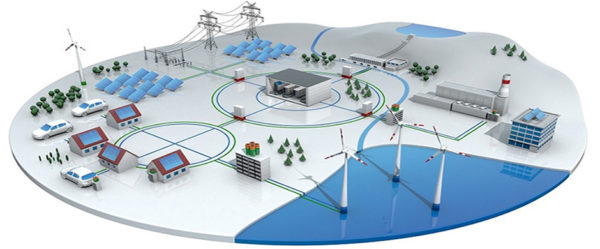This smart grid program could save millions of tons of CO2 annually
This smart grid program could save millions of tons of CO2 annually

Ofgem, the U.K. government’s regulator for gas and electricity, has revealed that projects trialled under the Low Carbon Networks Fund (LCNF) could save 215 tonnes of CO2.
The program ran for six years, ending in 2015, with the aim of helping Distribution Network Operators (DNOs) develop cost effective and energy efficient solutions for the smart grid of the future.
Implementation of some of the smart grid projects could see benefits of between $ 6 billion to $ 10 billion, according to the Ofgem review.
See Also: Will autonomous microgrids drive IoT in smart cities?
“Today’s review has found that network companies have improved their innovation, which is significant progress,” said Jonathan Brearley, a senior partner for networks at Ofgem.
“However, there is great potential to go further. Our challenge to the companies is to build on this progress and become high-level innovators, while delivering more for less. Involving third parties in the projects will help network companies take this next step,” he added.
Looking out for a new energy grid
The LCNF provided $ 750 million over the six years to companies large and small that were developing innovative solutions for the energy grid.
“It is important that companies take this opportunity. We need a more innovative grid which will allow consumers to get the most out of their smart meters which are being rolled out across the UK,” said Brearley.
Ofgem will now run a Network Innovation Competition (NIC) each year, a successor to the LNCF, which will provide £70 million per year for innovative projects.
Several reports have said that Britain will not be able to achieve the goals set out at the Paris Agreement earlier this year, if it continues to pollute the Earth with the same amount of carbon as its using currently. This fund could be one way to reduce the country’s usage, without effecting the consumer in any way.
The post This smart grid program could save millions of tons of CO2 annually appeared first on ReadWrite.
(18)














